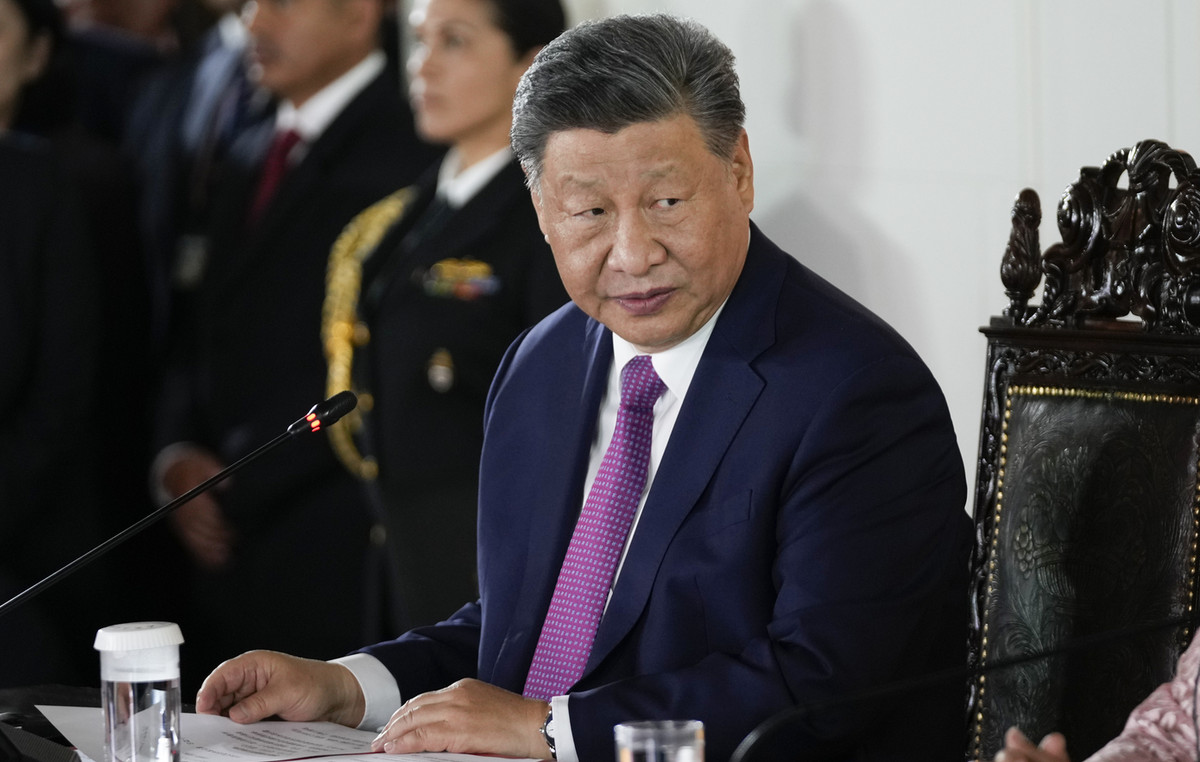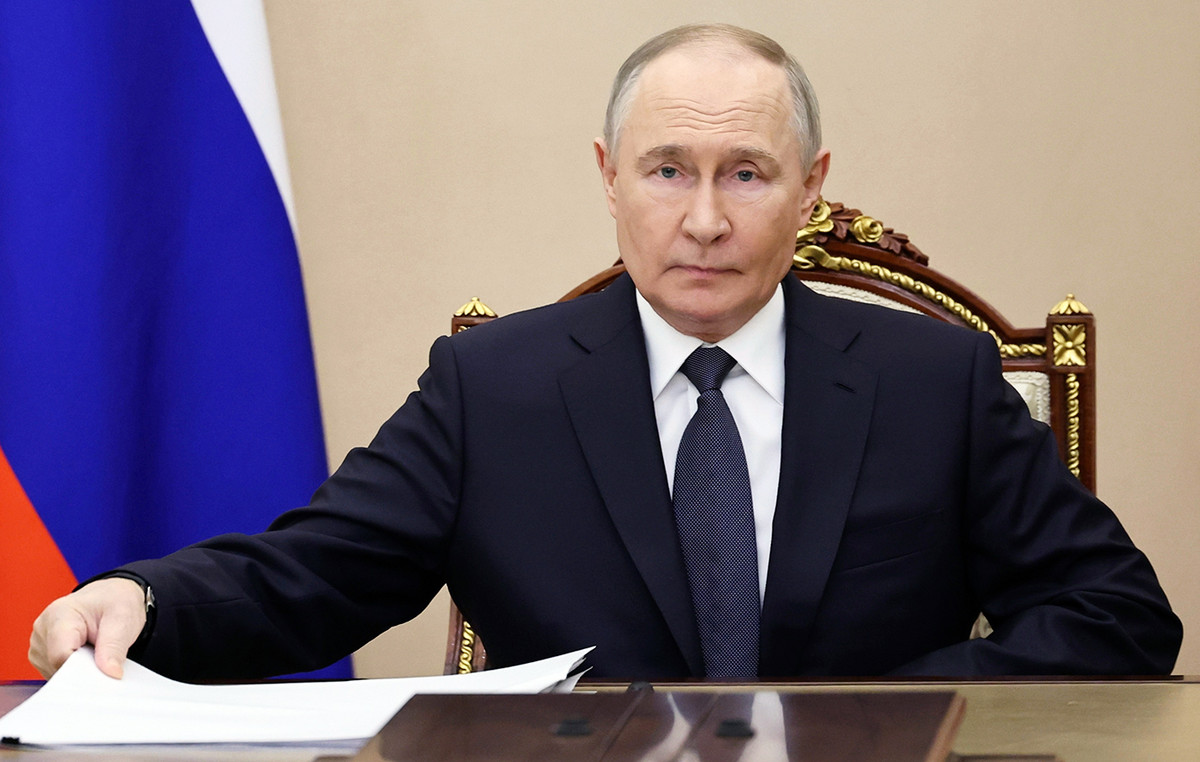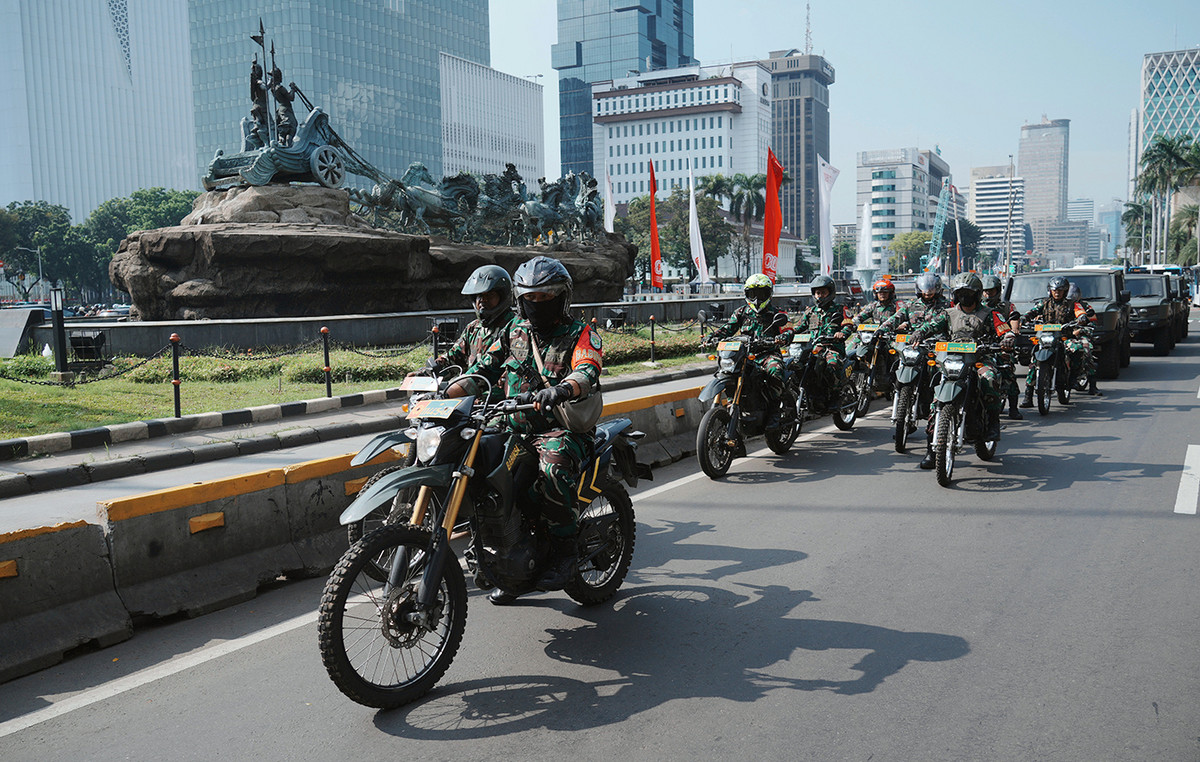Turkish presidential candidates Recep Tayyip Erdogan, current president, and his opponent, Kemal Kilicdaroglu, could face each other again in the second round. Until 22:30 this Sunday (14) in Brazil (Brasília time) and 4:30 am on Monday (15) in the capital Ankara, Erdogan led with 49.49% of the votes and Kilicdaroglu followed with 44.79% after counting 91 93% of the ballots, according to the head of Turkey’s Supreme Electoral Council, Ahmet Yener.
Early in the count, early results put Erdogan comfortably ahead, but as counting continued, his lead narrowed. The next round will be on May 28th, if none reaches the majority. If it happens, it will be Erdogan’s first time in a runoff.
This Sunday’s vote is one of the most important elections in the country’s 100-year history, a race that could end Erdogan’s 20-year rule and reverberate far beyond the country’s borders.
The vote comes less than three months after an earthquake killed more than 50,000 people and displaced more than 5.9 million in southern Turkey and northern Syria.
What’s more, it comes amid a severe economic crisis, which analysts say is democratic erosion under Erdogan’s rule.
Survey Research
Ahead of the election, it had given Kilicdaroglu, who heads a six-party alliance, a slight advantage, with two polls on Friday showing him above the 50% threshold.
A senior opposition alliance official, who declined to be named, said “it looks like there will be no winner in the first round. But, our data indicates that Kilicdaroglu will lead.”
Citing data from the state-run Anadolu news agency, Turkish media said that with nearly 75% of ballot boxes counted, Erdogan was at 50.83% and Kilicdaroglu at 43.36%.
The presidential vote will decide not just who leads Turkey, a NATO member country of 85 million, but also how it is governed, where its economy is headed amid a deep cost-of-living crisis and the shape of its foreign policy. .
The elections, which are also for parliament, are being closely watched in Western capitals, the Middle East, NATO and Moscow.
A defeat for Erdogan, one of President Vladimir Putin’s most important allies, is likely to anger the Kremlin but comfort the Biden administration, as well as many European and Middle Eastern leaders who have had troubled relations with Erdogan.
Turkey’s longest-serving leader has turned NATO member and Europe’s second-largest country into a global player, modernized it through megaprojects like new bridges, hospitals and airports, and built a military industry sought after by foreign states.
But his volatile economic policy of low interest rates, which triggered a spiraling cost-of-living crisis and inflation, left him a victim of voter rage. His government’s slow response to a devastating earthquake in southeastern Turkey that killed 50,000 people added to voters’ consternation.
Kilicdaroglu has pledged to set Turkey on a new course, reviving democracy after years of state repression, returning to orthodox economic policies, empowering institutions that lost autonomy under Erdogan’s strict rule and rebuilding fragile ties with the West.
Thousands of political prisoners and activists, including high-ranking names such as Kurdish leader Selahattin Demirtas and philanthropist Osman Kavala, could be released if the opposition prevails.
With information from Reuters and CNN International. Published by Diego Mendes and Carolina Farias.
Source: CNN Brasil
Bruce Belcher is a seasoned author with over 5 years of experience in world news. He writes for online news websites and provides in-depth analysis on the world stock market. Bruce is known for his insightful perspectives and commitment to keeping the public informed.







